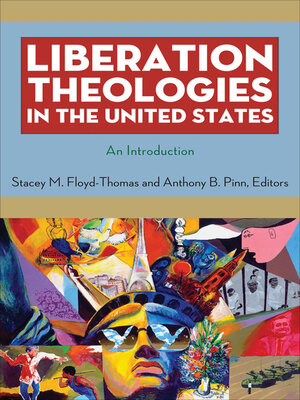
Sign up to save your library
With an OverDrive account, you can save your favorite libraries for at-a-glance information about availability. Find out more about OverDrive accounts.
Find this title in Libby, the library reading app by OverDrive.



Search for a digital library with this title
Title found at these libraries:
| Loading... |
Demonstrates the critical use of religion to challenge oppression in the U.S.
In the nascent United States, religion often functioned as a justifier of oppression. Yet while religious discourse buttressed such oppressive activities as slavery and the destruction of native populations, oppressed communities have also made use of religion to critique and challenge this abuse. As Liberation Theologies in the United States demonstrates, this critical use of religion has often taken the form of liberation theologies, which use primarily Christian principles to address questions of social justice, including racism, poverty, and other types of oppression.
Stacey M. Floyd-Thomas and Anthony B. Pinn have brought together a stellar group of liberation theology scholars to provide a synthetic introduction to the historical development, context, theory, and goals of a range of U.S.-born liberation theologies. Chapters cover Black Theology, Womanist Theology, Latino/Hispanic Theology, Latina Theology, Asian American Theology, Asian American Feminist Theology, Native American Theology, Native Feminist Theology, Gay and Lesbian Theology, and Feminist Theology.
Contributors: Grace Ji-Sun Kim, Mary McClintock Fulkerson, Nancy Pineda-Madrid, Robert Shore-Goss, Andrea Smith, Andrew Sung Park, George (Tink) Tinker, and Benjamin Valentin.






